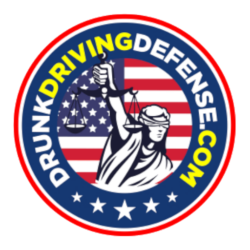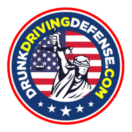Are DUI Checkpoints Legal?
For certain “emergency” situations (usually the commission of a felony in the vicinity), the police can set up DUI checkpoints to prevent specific criminal activity. Also, in more than 45 states, the police can also set up DUI-DWI roadblocks. If the police follow their training procedures manual, such DUI-DWI checkpoints in most states (e.g., GA DUI checkpoints) are typically found to be valid extensions of each state’s police powers to serve and protect the public’s health, welfare and safety.
These police department training protocols are typically established based on each state’s individual requirements for legality that will typically track the guidelines of the United States Supreme Court’s holdings, with possible other more restrictive rules being added by each state. To refine and interpret these rules, and determine if the police followed all of them, various state appellate decisions have established what police conduct is permissible at such DUI checkpoints.
During the investigation of your DUI-DWI case, your attorney may discover that the police did not follow their training protocol. This may mean that the roadblock was illegal, and that your detention and arrest may be thrown out by the judge at a pre-trial motion hearing.
DUI Checkpoints Must Be Supervised by a Qualified Police Officer
One of the more common statutory or court-ordered requirements for the establishment of a DUI roadblock is that a trained and experienced supervisory officer must oversee and select the location of the roadblock. Furthermore, the time and location of the “sobriety checkpoint” must be selected by this supervisor. If during the investigation of your DUI-DWI case, your attorney finds this requirement was not met, then the roadblock would be declared illegal. Then, any arrests that were made as a result of the illegal roadblock would be thrown out.
This means that your arrest at a checkpoint becomes illegal, and all breath test, blood test, and field sobriety test evidence will be suppressed. Without evidence the prosecutor will have a very tough time convincing a jury beyond a reasonable doubt that you are guilty of driving over the blood alcohol content legal level.
More DUI Checkpoint Resources
If you’d like to learn more about DUI checkpoints, we have several articles on the topic. Read through some of our informative articles about DUI checkpoints below.

